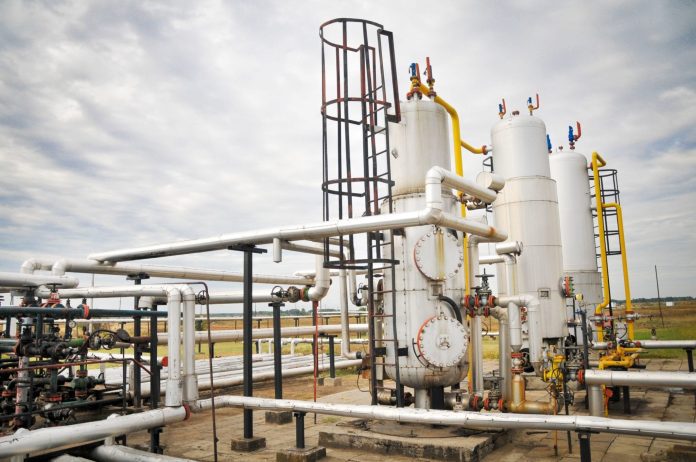Texmark Chemicals is a Texas petro-chemical processing and manufacturing company that provides custom contract manufacturing (tolling) of specialty and high volume chemicals to many of the world’s leading chemical companies. The firm, working with partners, has deployed IIoT solutions to improve operational efficiency.
Texmark is one of the main merchant producer of DCPD in North America, a polymer precursor used to make everything from inks to bathtubs.
Because the company works with regulated hazardous materials, safety is a top priority. Due to this, Texmark turned to Hewlett Packard Enterprise (HPE) and Aruba to build a ‘Refinery of the Future’ featuring advanced IIoT capabilities in a move to obtain better process analytics, increased up-time, uninterrupted productivity and increased safety for workers.
DCPD manufacturing processes involve flammable materials requiring stringent safety measures, and as demand for this product increases, so does the complexity of the supply chains, which require ever more stringent controls, granular visibility, uninterrupted productivity, and regulatory oversight.
Many of the materials the company works with are hazardous, flammable, or both, and are heavily regulated. This is why the firm must ensure its workers adhere to process safety management (PSM) procedures at all times. Also the firm must be prepared to adapt to customer requirements, which can change with little advance warning.
Historically, Texmark has depended on physical inspections of process equipment to ensure all systems remain in working order. However, these plant walk-downs can be time-consuming and labor-intensive. Texmark has 130 pumps in its plant, and spends nearly 1,000 hours a year on walk-downs and vibration analysis.
Texmark’s believes IIoT will have a key role in worker safety, production and asset management. The deployment of densored devices combined with advanced analytics software allows companies to generate insights, automate its environment, and reduce the risk of human error.
IIoT requires robust connectivity, architected to support gathering data from a range of IIoT devices.
In addition, any technology installed in Texmark’s plant must be ruggedized and meet the company’s operational standards for safety as all equipment operating at Texmark’s facilities must be designed to ensure it cannot be a source of ignition.
Texmark is undertaking a three-phase IIoT strategy, combining HPE and Aruba solutions with services from HPE Pointnext and HPE partners to create what they call the ‘Refinery of the Future’.
Phase 1 and 2 established the digital foundation by enabling edge-to-core connectivity. In this initial phase, Aruba deployed a secure wireless mesh network with Class 1 Div 1 access points and ClearPass for secure network access control. Aruba beacons provide location-based services for plant safety and security purposes.
For its edge analytics, Texmark selected the HPE Edgeline Converged IoT platform, an industrialized solution that supports robust compute capabilities. HPE Pointnext implemented the system as an HPE Micro Datacenter, which integrates its compute and networking technology within a single cabinet. Phase 3 builds on the foundation established by these technology solutions to support Texmark’s use cases: predictive analytics, advanced video analytics, safety and security, connected worker, and full lifecycle asset management.
Texmark’s new IIoT solution can monitor fluid levels, for example, reducing the risk of spills. It can alert Texmark immediately if a system starts to malfunction, enabling the company to respond before workers or production are endangered. And in the event of an emergency, it can help protect workers by ensuring Texmark knows their precise location and movements within the facility.
Additionally, Texmark can use data from IIoT sensors to identify which systems require hands-on evaluations, for example, so it can conduct physical inspections in a more focused and efficient manner.

